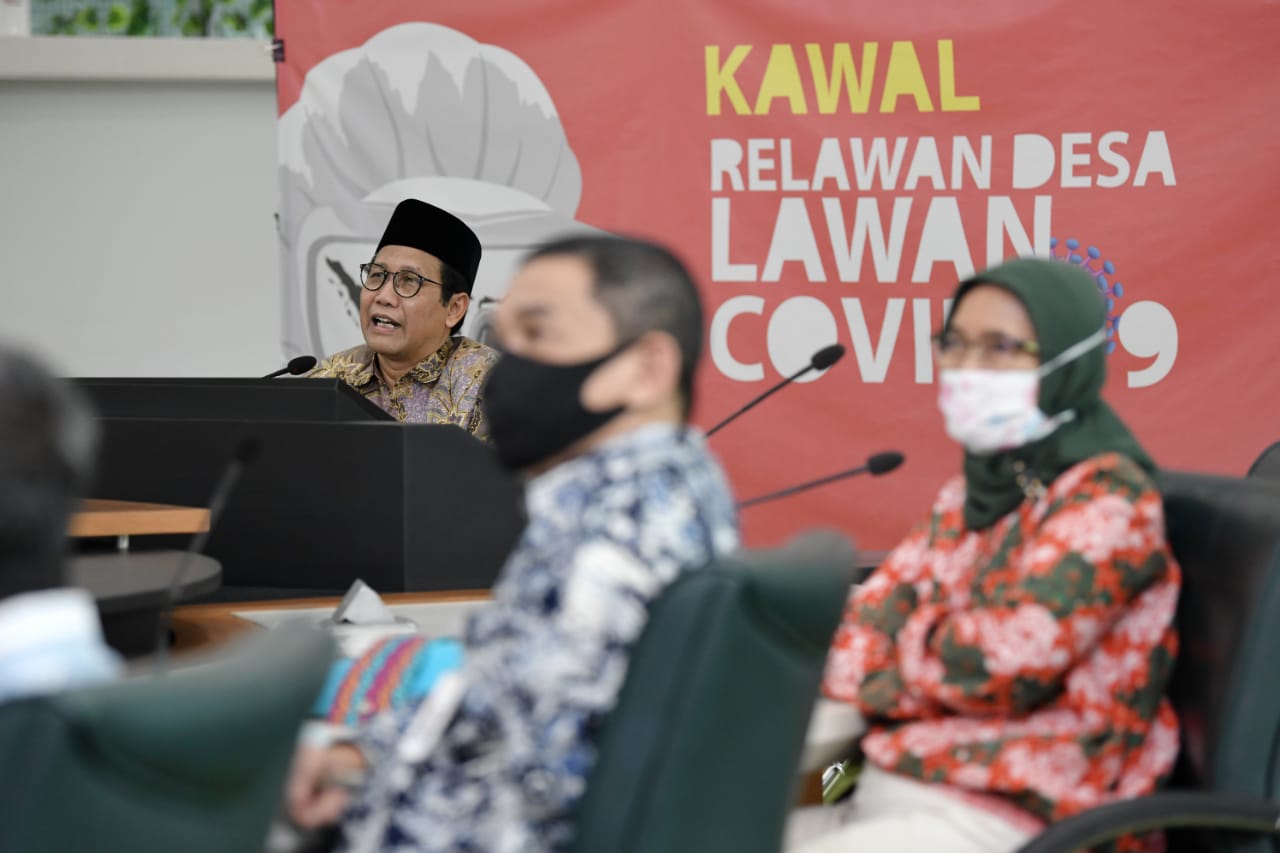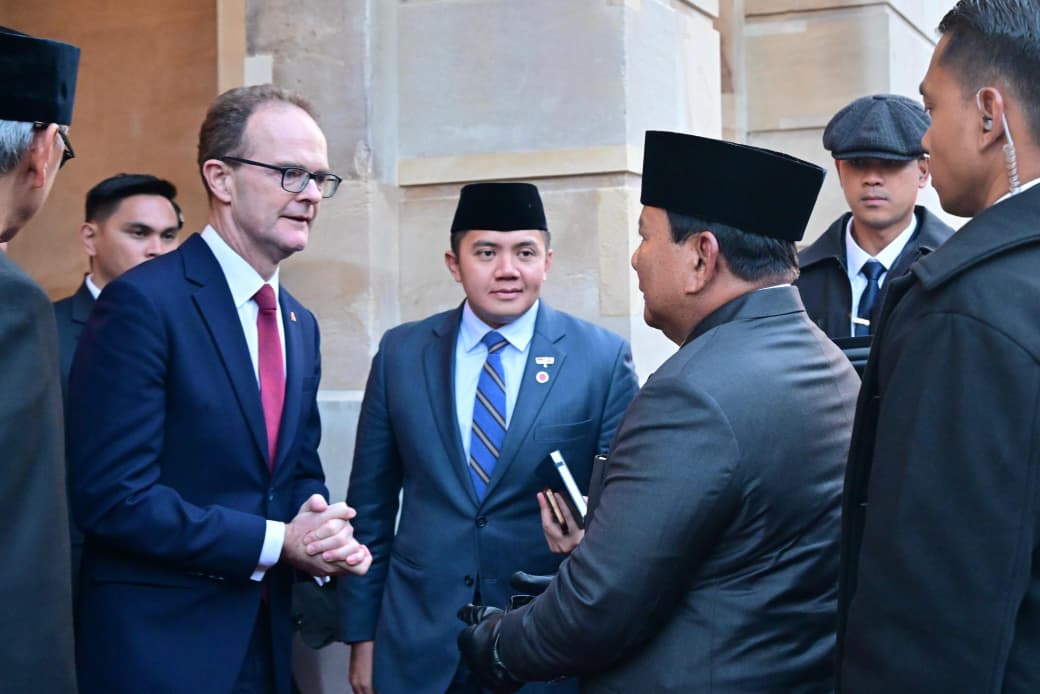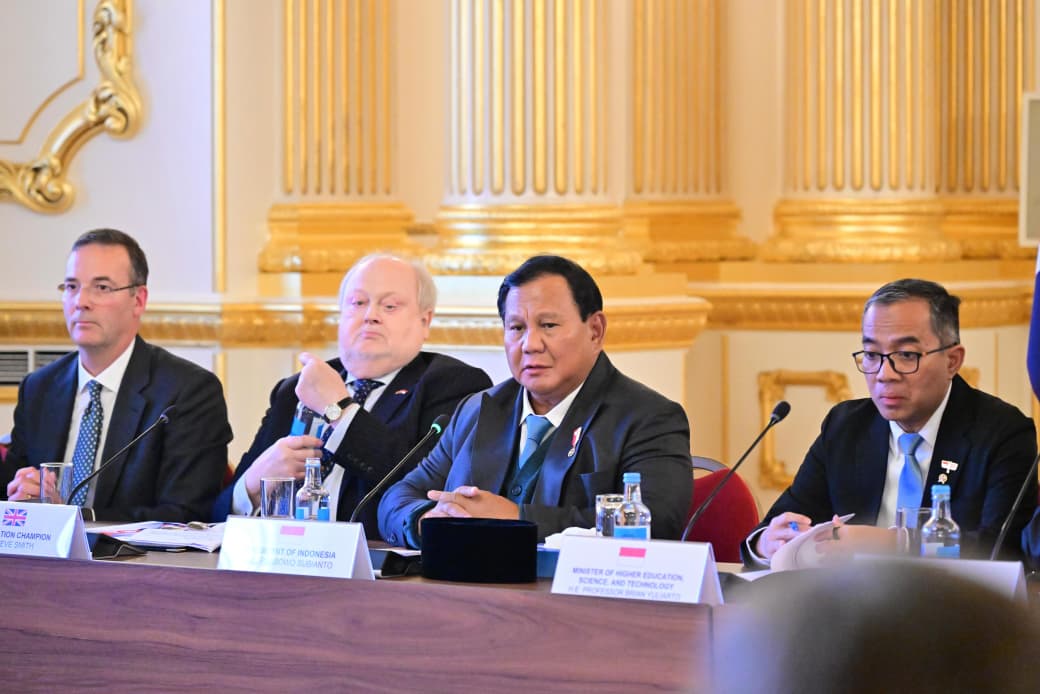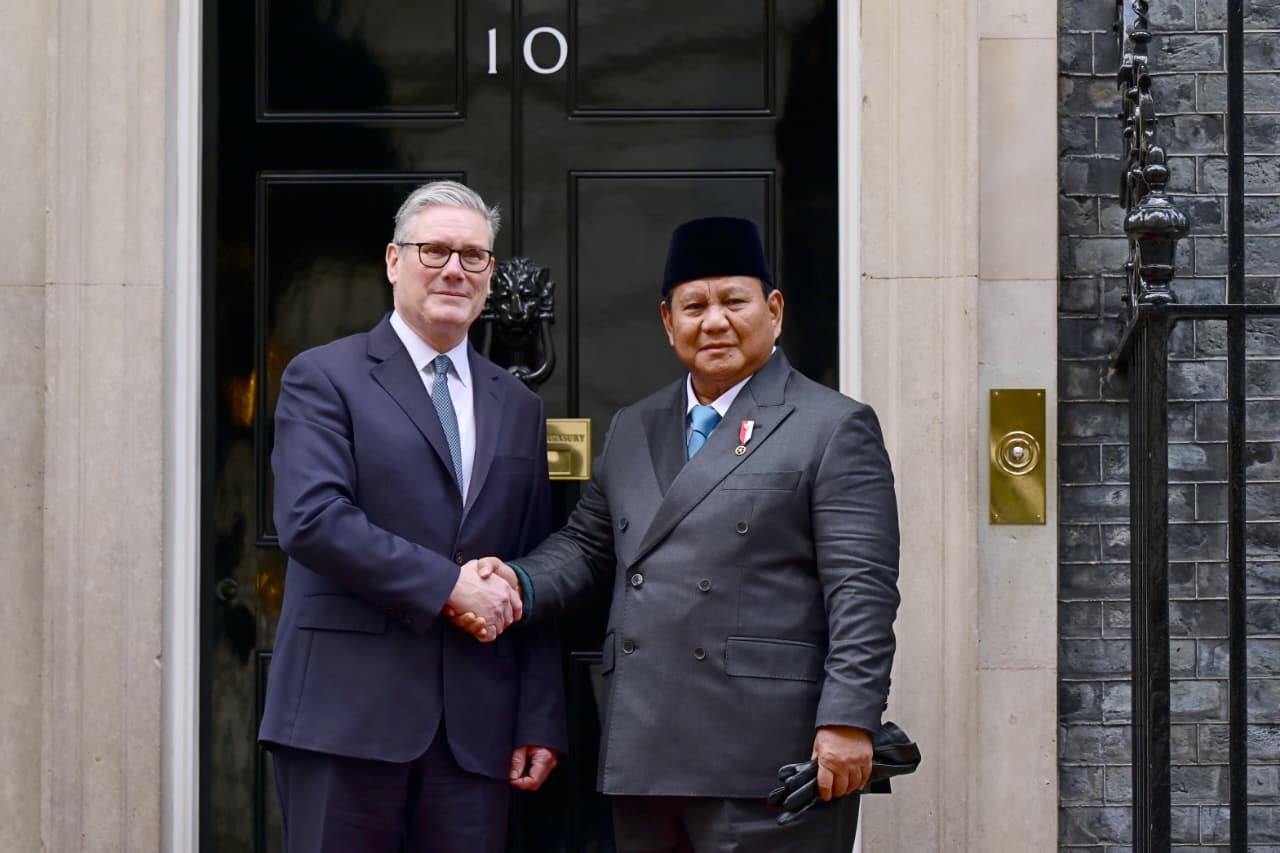Gov’t Prepares 1.8 Million Hectares of Land for Transmigration

Minister of Village, Development of Disadvantaged Regions and Transmigration chairs a meeting at his office, Thursday (14/5). (Photo by: Ministry of Village, Development of Disadvantaged Regions and Transmigration)
Ministry of Village, Development of Disadvantaged Regions, and Transmigration has announced it is preparing 1.8 million hectares of transmigration land to boost food security amid the COVID-19 pandemic.
The agricultural land, the Government said, is expected to be intensified to accelerate and increase rice yields.
“There are 1.8 million hectares of agricultural land that can be used for intensification out of 3.2 million hectares of transmigration areas. The locations are spread in several areas,” Minister of Village, Development of Disadvantaged Regions, and Transmigration Abdul Halim Iskandar said in a press conference, Thursday (14/5).
Of the 1.8 million hectares, the Minister stated, production activities have been carried out on 500,000 hectares land, adding that the intensification of this 500,000 hectares of land is expected to help meet food demands for 16 million people per year.
“For example, the existing yields are around 3-4 tons per hectare in one planting. In this intensification program, as much as possible, yields will be boosted to at least 5-6 tons per hectare in one planting,” the MInister said.
This 500,000 hectares of land, he continued, has fulfilled the prerequisites for intensification, namely the availability of labors, superior seeds, fertilizer, mechanization and irrigation, rice milling, off-takers, and banking.
The rest 1.3 million hectares, the Minister stated, will subject to long-term intensification.
The Government is preparing for the yet unfulfilled prerequisites, such as mechanization and irrigation, rice milling, and off-takers, he added.
Provision of the intensification prerequisites will involve relevant ministries/institutions, he said.
“We are testing using these 500,000 hectares first before the beginning of 2021. Then, we will utilize the remaining 1.3 million hectares of land. These are for medium and long terms (intensification),” the Minister said.
The Minister also stressed the importance of increasing agricultural productivity to anticipate the possibility of food security threat after the COVID-19 pandemic.
“Due to COVID-19, imports are difficult. Every country will certainly think about their own needs. We must be brave to stand on our own, meaning SMEs and agriculture are encouraged,” he concluded. (Ministry of Village, Development of Disadvantaged Regions and Transmigration/EN)
Translated by: Fairuzzamani Inayatillah
Reviewed by: M. Ersan Pamungkas








